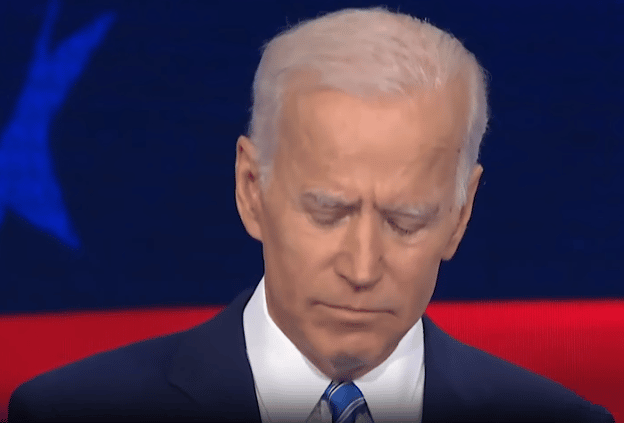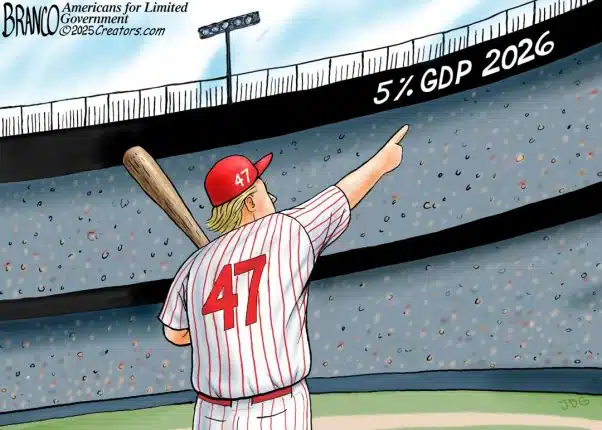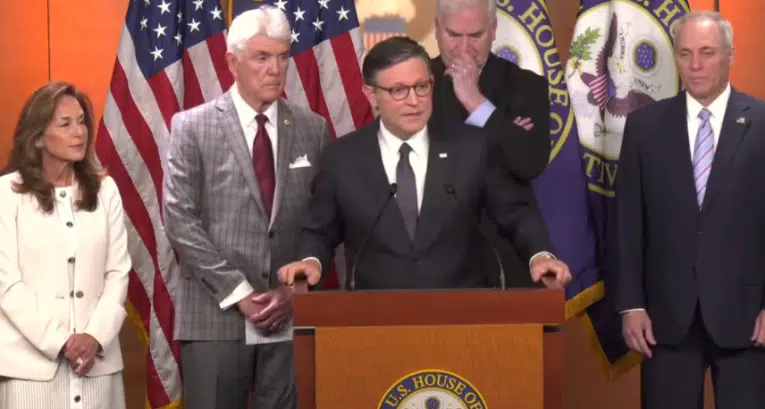
President Joe Biden’s first test in his 2024 reelection bid will come today, Jan. 23, in the New Hampshire primary, versus U.S. Rep. Dean Phillips (D-Minn.) and Marianne Williamson, wherein Biden will not even appear on the ballot, but is nonetheless favored to win via a coordinated write-in campaign.
Biden and Democrats had planned to have South Carolina go first on Feb. 3, 2024, where Biden performs better, and are currently suppressing the results of the Iowa caucuses until Super Tuesday. The rationale is easy to understand: Biden lost Iowa and New Hampshire in 2020, and poor showings in both in 2024 might expose weaknesses in his reelection bid very early in the process, leading to calls for him to abdicate the nomination.
New Hampshire responded by moving their primary up to Jan. 23, creating the possibility that Biden would be embarrassed in New Hampshire anyway, leading to the write-in campaign. In the most recent polling, where Biden has led 100 percent of the polls, for example the WHDH-TV-Emerson poll taken Jan. 18 to Jan. 20, shows Biden garnering 61 percent to Phillips’ 16 percent and Willamason’s 5 percent.
Can Biden do better than what the polls show? Or will he do worse?
Biden’s plan to bypass New Hampshire is not without merit, owing to his performance in South Carolina that catapulted his campaign after he replicated Bill Clinton’s 1992 comeback win for the Democratic nomination after losing Iowa and New Hampshire.
And yet, New Hampshire remains an important test, where other sitting presidents have been exposed as weak incumbents and went on to eventual defeat.
In 1952, Harry Truman actually lost the New Hampshire primary to Estes Kefauver, prompting Truman to withdraw from the race rather than face Dwight Eisenhower.
In 1968, Lyndon Johnson similarly did not appear on the New Hampshire ballot, but a last minute bid for a write-in campaign allowed Johnson to barely prevail against Eugene McCarthy, who garnered 42 percent of the vote in the primary to Johnson’s 49 percent. Johnson’s weakness with independents ultimately prompted him to withdraw from the race.
In 1980, another Kennedy, Ted Kennedy, surprised incumbent President Jimmy Carter by running for president, and picked up 37.3 percent of the vote in New Hampshire, signaling Carter’s weakness with swing voters that would prove fatal in a 44-state landslide by Ronald Reagan.
And in 1992, George H.W. Bush faced Pat Buchanan in the primaries, who although he did not win a single state, managed a very similar 37.5 percent in New Hampshire, demonstrating that there was a sizeable portion of Republicans and independents who were either considering voting for the eventual Democratic nominee, Bill Clinton, or Ross Perot.
Biden’s initial hope to break the New Hampshire jinx in 2024, as in 2020, was to forego its judgment. Now he will find out whether that was a good plan or not, or if it ended up being a self-fulfilling prophecy, where the write-in bid fails to prevent Phillips and Williamson from having decent enough showings that invariably exposes Biden’s weakness in the general election — once again leading to calls for the sitting president to step aside.
Biden’s best argument will remain that in modern history, no stealth candidate chosen after a sitting president stood aside has ever won. He can cite Harry Truman’s comeback victory in 1948, where he trailed Thomas Dewey in much of the polls throughout the year but ultimately prevailed. Whereas, standing aside in 1952, and Johnson again doing so in 1968, were of little use to the incumbent party.
Much will depend on what Biden’s margin of victory tonight is, assuming it is a victory as the polls show. As usual, stay tuned.
Robert Romano is the Vice President of Public Policy at Americans for Limited Government Foundation.
Correction: A previous version of this article incorrectly stated U.S. Rep. Dean Phillips’ name as Tim and has been updated accordingly.






